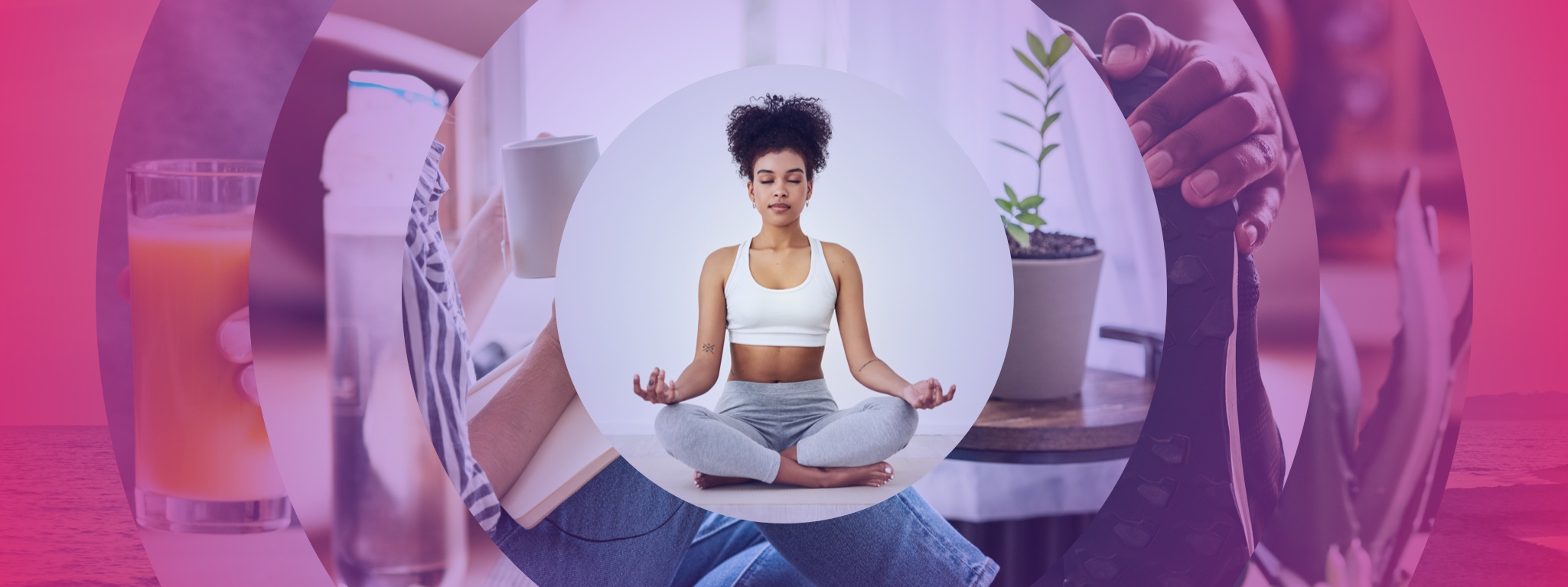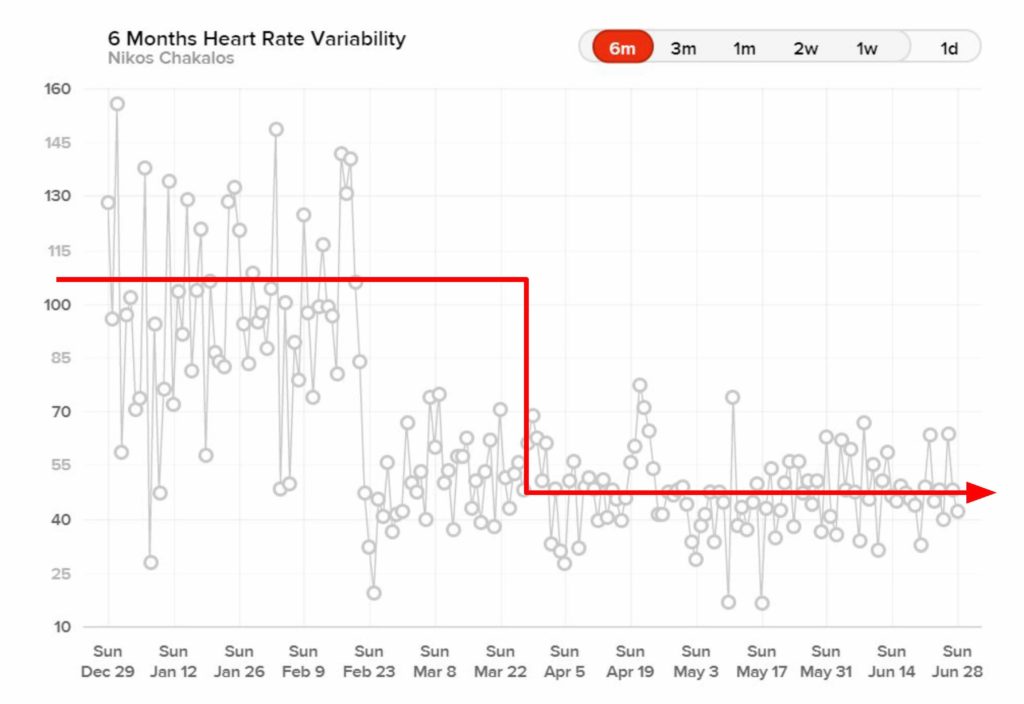Keep Calm, but Don’t Just Carry On

Over the last 20 years, we’ve experienced different scales of crisis and unrest. From global issues to personal ones. Regardless of the magnitude, common threads tend to arise. There is the onset of panic and hyperbolic media coverage – which has only been exacerbated by social media. Financial market perturbations often ensue, along with job loss or companies shuttering. What was once considered normal is upended and we desperately try to make sense of things – which is no easy task.
The COVID-19 crisis has, for lack of a better term, been unprecedented. We’re dealing with all of the usual side effects of a crisis along with an added layer. Like working and schooling from home, trying to comply with social distancing and finding our comfort level in re-entering the world as cities open-up. With the death of George Floyd and the onset of the #BlackLivesMatter protests, we’ve entered a whole new level of intensity. While still dealing with the coronavirus, our country and society, are once again coming to grips with issues of race and inequality. Many describe the current protests as unlike any other in history. Both of these current events are sparing no one, whether you realize it or not — regardless of if you’ve been infected with COVID-19 or participated in a march. And we should all be paying attention to the mental health effects.
As a data guy, I’d be remiss to not share some stats on how the crisis has impacted me. Over the last few years, I’ve tracked my Heart Rate Variability (HRV). Consider HRV a proxy for the balance between your sympathetic and parasympathetic symptoms. When one’s HRV is high, their body is very capable of adapting to its environment and performing at its best. It’s a great metric for assessing how much stress and strain my body and brain are under.
Since pre-pandemic, I’m fortunate enough that I haven’t needed to change my eating, sleeping or fitness routine. I’ve stayed quarantined, neither me nor anyone close to me has been affected by the coronavirus (thankfully) and although I follow the news, have not been in any close proximity to protests. Therefore, I would expect my HRV level to stay close to its long-run average. And yet, my HRV has decreased significantly, indicating an arguably subconscious level of chronic stress. And stress can wreak havoc on the mind and body.

So, what does one do? Practice gratitude and take a quiet five minutes a day to think of what you’re thankful for — it provides a serotonin and oxytocin release, a neuro-chemical restoration! Make time for regular exercise and movement — a proven stress reliever. Get adequate sleep. And breathe. Breathing exercises have been around since stress has been around. There’s a reason people tell you to “take a deep breath”. Because it works! Or get online and tap into David Burns’ Feeling Good: The New Mood Therapy or The Worry Cure by Dr. Robert Levy. I’m lucky enough that VideoAmp also provides great resources for stress management and mental health, one being Modern Health.
And as work and personal life blend together, there are several lessons we can learn from the past when navigating uncertain times in the office:
- Clearly communicate plans to employees
- Be transparent with employees and provide updates on status and changes in strategy, frequently. Reduce uncertainty where you can and make it in a conversation – ask for feedback as you go.
- Find focus
- Tighten your sphere of attention and choose where you spend it wisely. In a 24-hour news cycle, it’s easy to get overwhelmed. Deciding it’s time to shut off the news or close Facebook will help quiet the mind. Accept the reality we’re in and focus on the things that you can actually control.
- Empathize, now more than ever
- You are under stress, whether you know it or not. So is your coworker, vendor, customer, family, friends, etc. — your entire social circle. With so much communication being done through Slack or email, it’s easy to misfire. Assume good intentions when interpreting actions or words. Listen more and reach out to that coworker or friend who may be more directly impacted by the current issues at hand.
- Make stress management a priority
- This is vital. Find time for “your thing” to help relieve stress and encourage others to do the same. Whether it be reading, biking, cooking, meditating, walking — whatever it is. Working from home can provide little boundary between office hours and downtime. Everyone needs dedicated time for rest and recovery.
- Take this time to better yourself
- Take this time to educate yourself, engage in uncomfortable conversations and commit to being a better version of yourself. Put energy towards volunteering, donating to causes you believe in and trying to catalyze the change you hope to see in the world.
In the end, we’re all being catapulted towards a new normal. We need to stop looking at that as a negative, and instead, as an opportunity. With the coronavirus bringing a tornado of chance, we now see how capable we are of adapting. And now, with the Black Lives Matter movement, we see how much change has already been put in place in such a short amount of time. There is so much opportunity in our futures and so much room for innovation. In many ways, we have a blank canvas in front of us. Instead of letting the new normal come at us, let’s create it. Let’s own it. But first, let’s take a deep breath.
